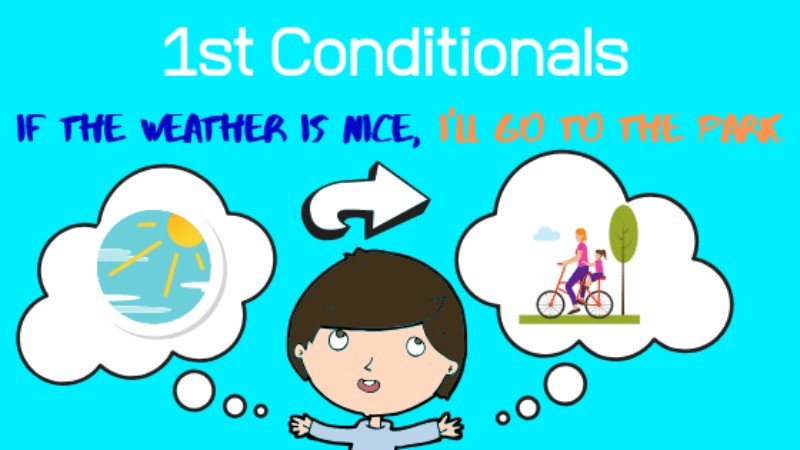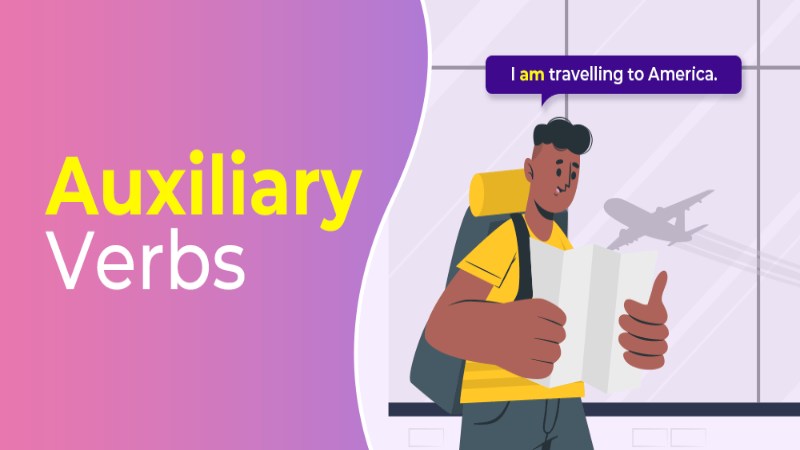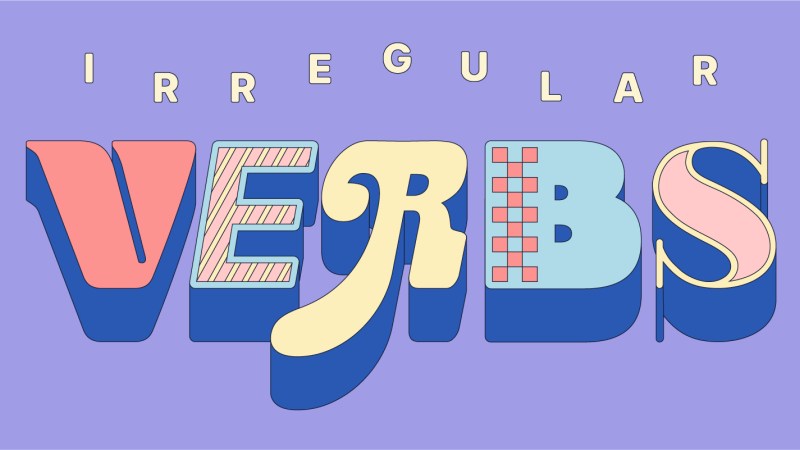
第一条件句
英文中的第 一条件句用来描述未来可能发生的情况。生活中常碰到的,如办户外活动受伤了要怎么办啊、赶飞机堵车怎么办啊等等这种未来有可能发生的情况,这种情形就会使用这类的条件句。
结构:if 从句 + 主要从句
所有的条件句子都有两个部分: if 从句和主要从句。哪个从句在前面都没关系,但是当 if 从句在前面时,后面要加上逗号。
If you are tired, we’ll just stay here. 如果你累了,我们就呆在这里。
We’ll stay here if you are tired. 如果你累了,我们会留在这里。
在第一条件句中,if 从句的动词为现在式,而主要从句的动词为未来式。
If she doesn’t make it, I’ll be mad tomorrow. 如果她没有成功,我明天就会生气。
if 从句可能会有现在或未来的意思,但其动词一定是现在式(不是未来式)。
If our homeroom teacher is absent next week, another teacher will take over the class. (不能说 If our teacher will be absent… ) 如果我们的班主任下周缺席,另一位老师将接班。
主要从句: will,情态动词,祈使句
在主要从句中也可以用 may, might, can, must, should 来代替will。
If she doesn’t attend the party, her friends may/might not attend as well. 如果她不参加聚会,她的朋友也可能/可能不会参加。
If you have permission to go, you can prepare your things. 如果你有得到允许可以去,你可以准备你的东西。
If you want to join the contest, you must/should ask your parents for permission.如果你想参加比赛,你必须/应该征得您父母的同意。
也可以用祈使句代替 will。
If you landed at the airport, check your baggage. 如果您在机场降落,请检查您的行李。
未来时间从句
搭配 when, as soon as, before, after, until 等连词
当使用 when, as soon as, before, after, until 等来谈论未来,后面的动词要为现在式(非未来式)。在句子的其他部分才会用未来式。
I’ll travel when I’m 30. 我 30 岁时会去旅行。 (不能说 when I’ll be…)
I won’t go to bed until I finish the dishes. 在我洗完碗之前我不会睡觉。 (不能说 I will finish…)
用法与第一条件句相似
未来时间从句与第一条件句相似。有主要从句 + when/after等从句。这些从句中动词的用法与第一条件中的动词用法相同。
当when/after 等从句先出现,则后面要加上逗号。但若when/after等从句是出现在句子后面,则不需要加上逗号。
I’ll travel when I’m 30. 我 30 岁时会去旅行。
When I’m 30, I’ll travel. 当我30岁时,我会去旅行。
when/after 等从句为现在式而主要从句为未来式。
Before she goes on leave, she will file a request. 在她请假之前,她会提出申请。
在主要从句中可以用may, might, can, must, should 或祈使句来代替will。
As soon as I graduate, I should look for a job. 我一毕业,就该找工作了。
After she eats, buy her a drink. 在她吃完饭之后,给她买一杯饮料。
第一条件句 – 练习题



Comments